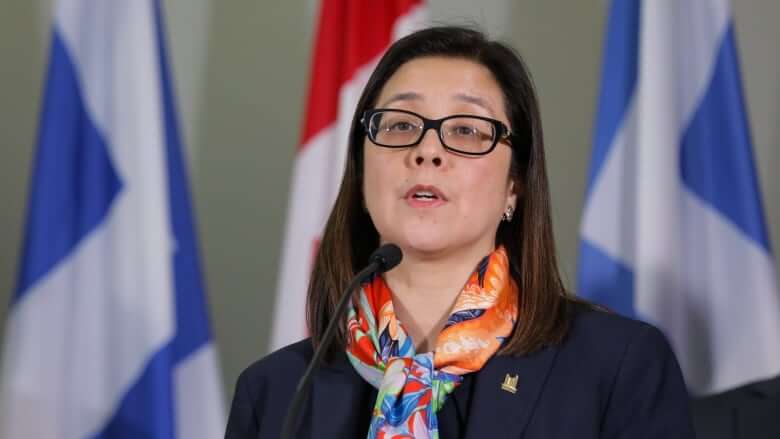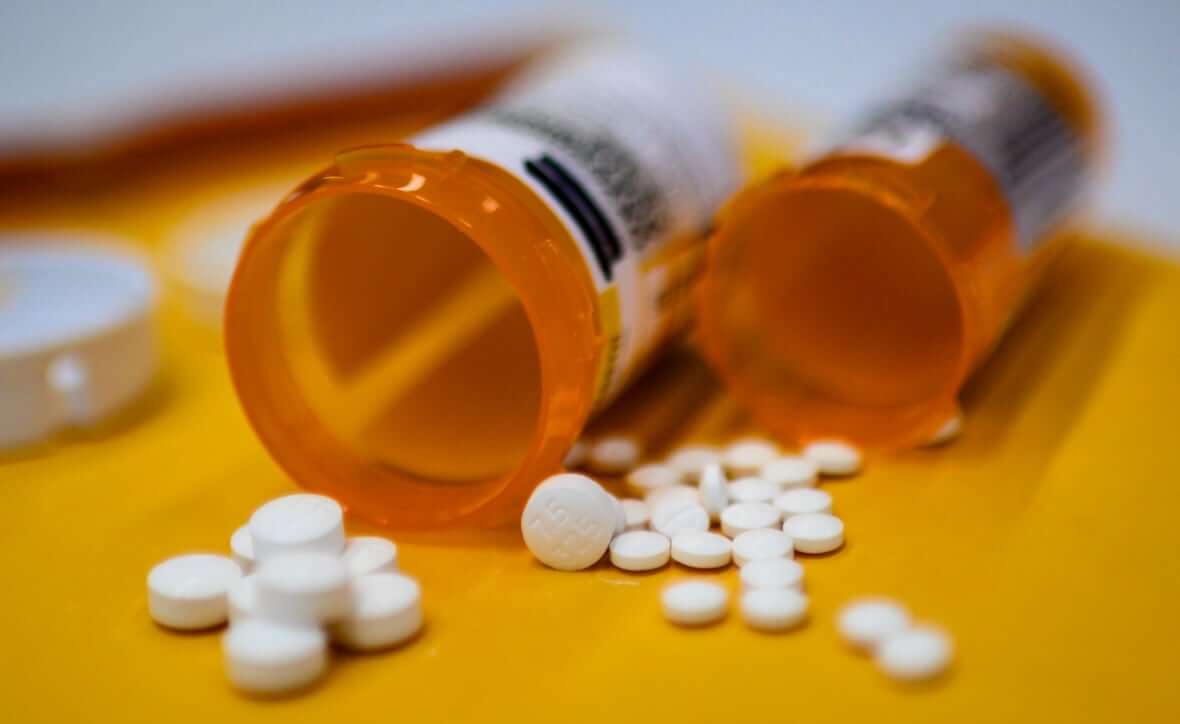Toronto’s top doctor hopeful Ottawa will allow drug decriminalization here after B.C.

Toronto’s medical officer of health says she is hopeful that Toronto will be considered if the federal government decides to allow other jurisdictions to join B.C. in decriminalizing small amounts of illicit drugs.
Dr. Eileen de Villa said on Wednesday that a federal decision to decriminalize possession of small amounts of illicit drugs in B.C. starting next year is a “positive step in the right direction.” The plan was announced on Tuesday and will continue for three years.
De Villa said Toronto Public Health submitted a request for simple drug decriminalization in January and is waiting for the Trudeau government to respond. She said the City of Toronto, however, wants a plan that meets the specific needs of the city.
“Certainly, what we’re looking for are lasting solutions to a drug poisoning crisis that is, in fact, resulting in preventable deaths,” she said.
De Villa’s comments come after data released last month showed that in 2021, paramedics in the city responded to 6,005 non-fatal calls and 357 fatal calls linked to opioid use, which is a 65 per cent increase compared to 2020.
In its announcement, the federal government said British Columbians, 18 and older, will be able legally to possess up to 2.5 grams of opioids, cocaine, methamphetamine and MDMA within the province. The announcement follows a request from the province for an exemption from the federal law that criminalizes drug possession.

This exemption takes effect on Jan. 31, 2023, and will last until Jan. 31, 2026, unless it is revoked or replaced before then. It means there will be no arrests, charges or seizures for personal possession at or below the 2.5 gram threshold.
“I am certainly buoyed by the fact that British Columbia now has an exemption that will take effect early next year. That certainly gives us hope that we will have a positive response to our efforts as well,” De Villa said.
De Villa said it’s important to take steps to protect the health of people who use drugs. She said the current approach of criminalization leads to discrimination and stigma, which in turn makes it more likely that people who use drugs will engage in higher risk behaviours that put them at risk of overdose.
Decriminalization of small amounts of illicit drugs, however, is only one step forward, she said. Health and social service supports are needed as well, she said. De Villa said any plan must be tailored to the city.
“We’ve had regular conversations and updates with Health Canada as we’re working on what we believe is a solution that’s specific and will meet the needs of Toronto,” she said.
When Toronto Public Health made its request, De Villa said the goal is not legalizing illicit drugs, but ensuring people who possess small amounts of illegal substances are not under threat of arrest and criminal charges, which increases the likelihood they’ll use street drugs alone and in unsupervised settings.
Amount allowed is low, harm reduction worker says
Zoe Dodd, a harm reduction worker with the Toronto Overdose Prevention Society, said on Wednesday she doubts the decriminalization plan in B.C. will have much impact as amount allowed is low.
Zoe Dodd is a harm reduction worker with the Toronto Overdose Prevention Society.
“I don’t think it’ll make much difference in terms of overdose deaths, which is one of the biggest reasons why people have been calling for decriminalization of drugs,” Dodd told CBC Radio’s Metro Morning.
“I don’t think it’ll go far enough in stopping those deaths, especially when it doesn’t come with legalization or a regulated supply of drugs.”
Dodd said that it’s important to remember that the drug poisoning crisis is not confined to B.C. and the federal government should make policies that affect the entire country.
“We want decriminalization because we want relief from the police,” she added.
Under the Controlled Drug and Substances Act, the federal health minister has the authority to grant an exemption if it is “necessary for a medical or scientific purpose or is otherwise in the public interest.”








Redes Sociais - Comentários